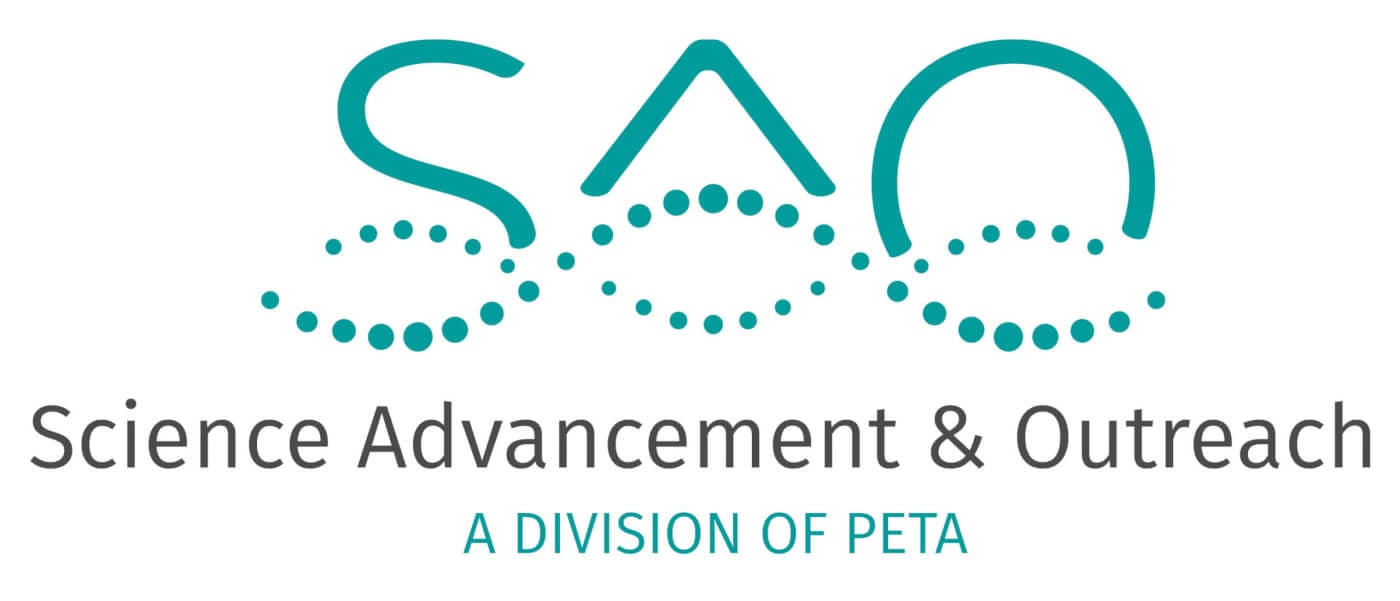Xenotransplantation: Unsafe, Unethical, and Unnecessary
Written by Dr. Emily Trunnell
May 2023

In 2021, a flurry of articles reporting on the transplantation of pigs’ organs into humans asked whether using animals as spare parts reservoirs could solve the organ shortage. But this line of thinking is as unnecessary as it is unethical and unsafe.
According to the U.S. Health Resources and Services Administration, more than 104,000 adults and children in the U.S. are awaiting organ transplants. Recently, the agency announced its plan to modernize access to organs, including the intention to break up the monopoly of the United Network for Organ Sharing (UNOS), which has controlled the system for nearly 40 years. A donor heart recipient who is fighting for her life describes her firsthand experience of the issues as she blames her two failed heart transplants on the sorry state of transplant medicine: “Organ transplantation is mired in stagnant science and antiquated, imprecise medicine that fails patients and organ donors,” she says.
Last year, an investigation by the Senate Committee on Finance found that organs procured by UNOS were sometimes lost, damaged, delayed in transport, or simply never collected. Additionally, a 2022 report by the National Academies of Sciences, Engineering, and Medicine concluded that the U.S. organ system was inefficient, inequitable, and highly variable. For example, one in five donor kidneys and one in 10 donor livers are procured but never used. This recent article by New York Times reporter Sheryl Gay Stolberg and this interview on 1A go into more detail about the need for a major system overhaul.
So, to start, large inefficiencies in the current national organ transplant system could be corrected to make better use of the organs that are already donated. But there’s more.
A team of surgeons, public health experts, and industrial engineering specialists from the University of Michigan showed in a 2019 simulation study that adoption by the U.S. of a “presumed consent” policy “could be the most immediate way to expand organ donation.” Presumed consent means that instead of opting in to organ donation, as donors currently do, donation would be the default option unless an individual opts out. This policy is already in place in several countries, which have seen increases in organ donation.
Another reason we shouldn’t be looking to other species to solve the organ shortage: the risk of transmission of pathogens. The Food and Drug Administration’s Center for Biologics Evaluation and Research has recognized the danger of transmitting infectious agents as one of the major risks of xenotransplantation, particularly because transplant patients are undergoing immunosuppression.
And this risk has already been borne out. In May 2022, a pig heart–transplant recipient died two months after his operation. The autopsy revealed that the animal’s heart carried porcine cytomegalovirus, which had gone undetected.
In addition to these shortcomings is the fact that pigs and other animals used for xenotransplantation are genetically engineered and subjected to a lifetime of confinement and almost unimaginably painful procedures before being killed—all without their consent.
In short, xenotransplantation is unsafe, unethical, and unnecessary, particularly when much-needed policy changes could go a long way toward helping correct the organ shortage.
